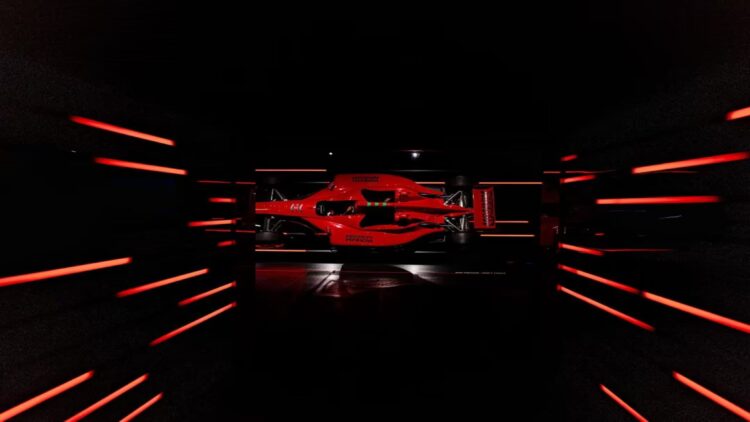Ferrari, the performance car and heritage marque, will write the next page of the book on the performance engine. While the rest of the world is trying to marry EV tech with hydrogen, Ferrari has other plans. Ferrari is producing methanol e-fuels with a long-term vision of ensuring the internal combustion engine remains thundering long after 2035. Supercar future, it would seem?
Ferrari’s bold move: Why methanol is the new hope for combustion engines after 2035
With the European Union’s recent decision to allow e-fuels for new cars after 2035, Ferrari has found a lifeline for its iconic engines.
Ferrari Chairman Benedetto Vigna, in a Reuters article, received the EU move as one that would enable the company “to continue to produce ICE cars.”
Methanol is an artificial fuel manufactured with the help of renewable sources, including green hydrogen and captured carbon dioxide. It is almost carbon-neutral when it burns, and it makes an attractive fossil fuel alternative. The engineers of Ferrari are now preoccupied with making their engines compliant with long-running on methanol, with performance not being left out in favor of sustainability.
This is how methanol e-fuels could keep Ferrari’s V12s alive in a changing world
Methanol chemistry is clean-burning, untainted, pure demand, and strong to boot. The EU e-fuel deal allows Ferrari to keep building ICE supercars beyond 2035 if it uses certified synthetic fuels. What that does is that the driving personality and nature of Ferrari can ride out the electric storm.
EU’s e-fuel U-turn: How it changed its approach on Ferrari and the sector
The ban on diesel and petrol cars in 2035 by the European Union threw the car industry into a spin. The ban on e-fuel has sent it off into the twenties twice. The luxury automobile trendsetters like the Ferrari did all they could to have the ban lifted. They arrived with their suggestions using e-fuels like methanol, hoping that it would accomplish Lindsey Graham Webinar Performance and reduce emissions.
This regulatory transition is a paradigm shift for the brands that leverage on emotional benefits of the combustion engines. The thing is, Ferrari does not just comply with methanol, they are defending a fine driving style. The company is spending a lot on research and development to be in a position to meet both regulatory and enthusiast future expectations with regard to the company’s engines.
That is how the e-fuel transaction of the EU may help to spark a new age of environmentally friendly hypercars
Thinking of adopting methanol, Ferrari will be making itself a head in sustainable performance. The strategy of this company has the probability of making other production companies consider using synthetic fuels to ensure that motoring runs on for generations. The ruling by the EU has opened the gate into innovation, and Ferrari is running through the gate.
The path to the future: What methanol implies for the future and legacy of Ferrari and ultimate supercars
The engine developed by Ferrari that runs on methanol is still in trial; however, the possibility is huge. Describing the opportunity the company has, according to Carscoops, Ferrari intends to preserve its internal combustion tradition despite the changing world where electric power dominates.
Ferrari has not been a stranger to innovation for at least decades. Methanol consumption is too much to comment on anything related, as much as to how far the company has deviated from adopting innovation, as much as it has stuck to tradition.
Whereas man grapples to peer into the transport future, Ferrari places its wagers on energizing its engines with methanol, and tradition continues to smolder. The future of supercar supremacy may well be in artificial methanol-burning instead of electrons or hydrogen.
Disclaimer: Our coverage of events affecting companies is purely informative and descriptive. Under no circumstances does it seek to promote an opinion or create a trend, nor can it be taken as investment advice or a recommendation of any kind.


